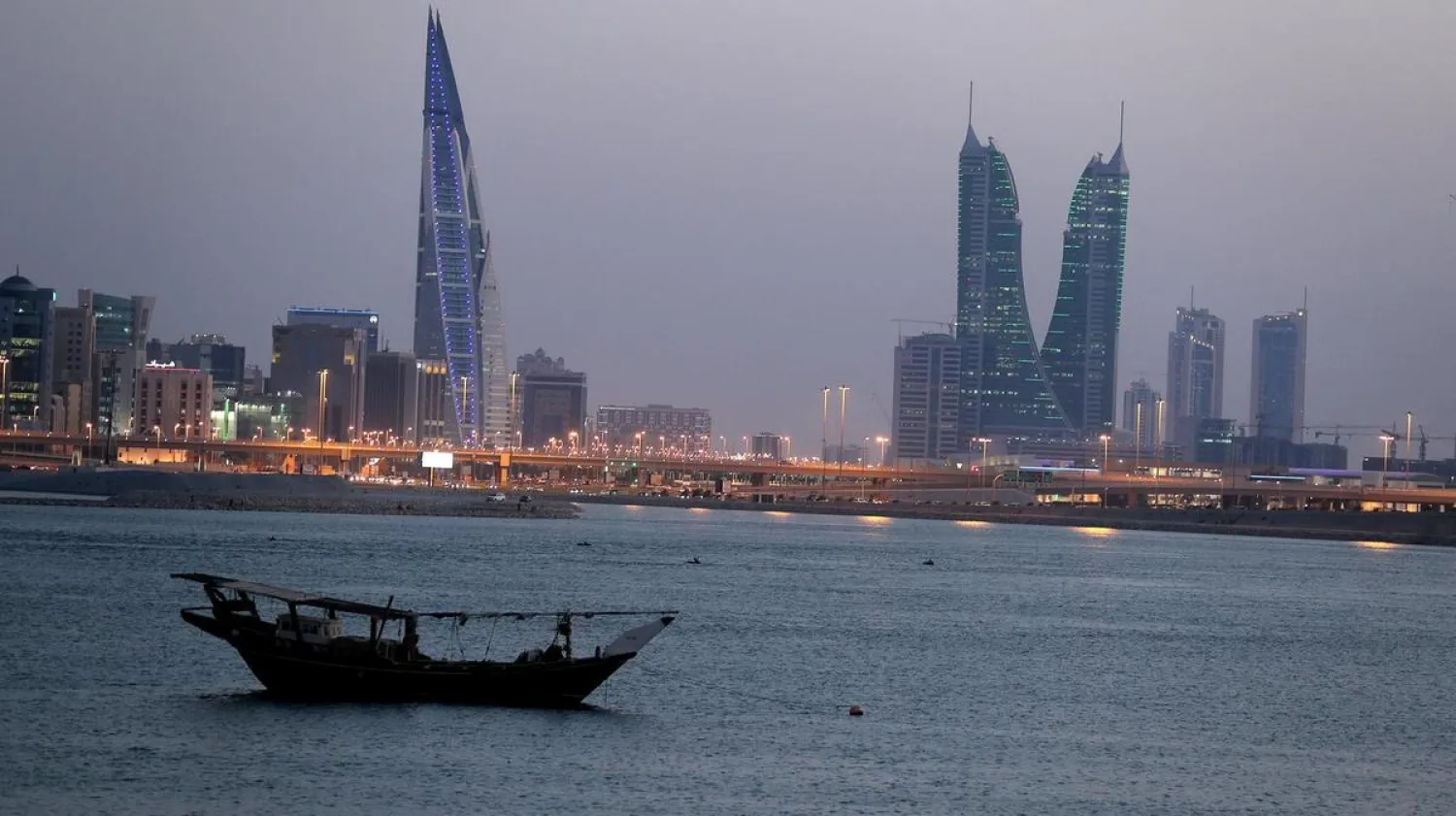Bahrain sentenced to prison three suspects in the Future Bank case, and fined them more than 9 million dollars.
The case came to light after the general prosecution revealed in February that some seven billion dollars have disappeared from Future Bank’s records and were used to finance Iranian groups, in violation of sanctions imposed against the country.
A court sentenced the Future Bank officials to five years in jail, fining them each 100,000 dinars. It also fined the implicated banks the same amount and ordered the confiscation of the remitted money.
The Public Prosecution had previously revealed that its investigations have uncovered a plan that permitted Iranian entities, including those implicated in funding terrorism or which are under international sanctions, to carry out international transactions while avoiding organizational auditing.
Future Bank, which is operating under the supervision of Bank Melli Iran and the Export Development Bank of Iran, has carried out thousands of international financial transactions while providing covers for the Iranian entities there through deliberate concealment or removal of basic information while remitting money via the SWIFT network.
The Public Prosecution referred the Future Bank officials and the other implicated banks to the High Criminal Court according to the anti-money laundering and combating funding terrorism law.









